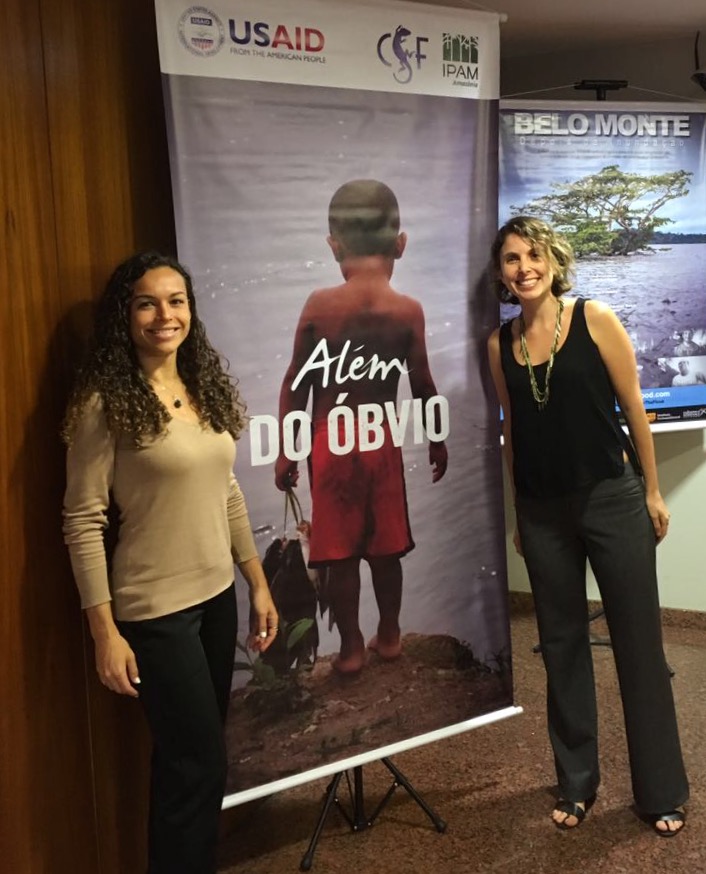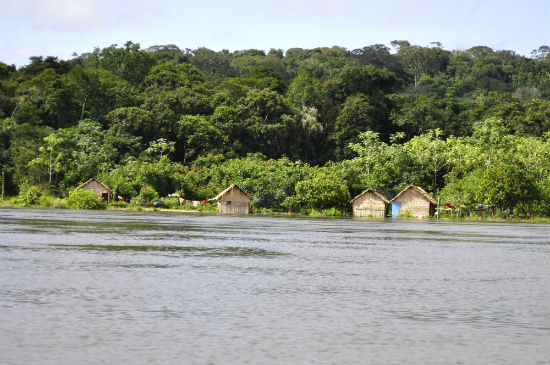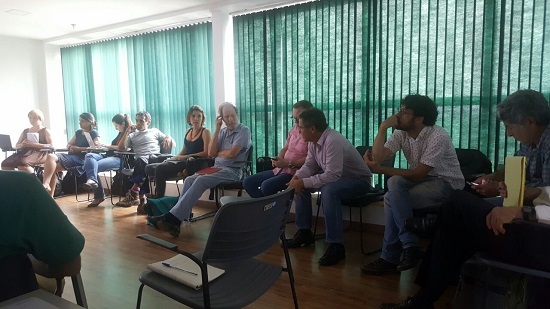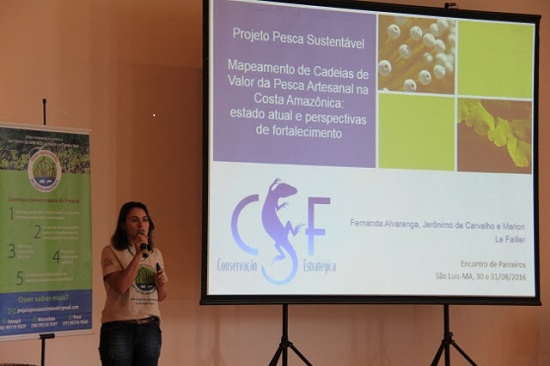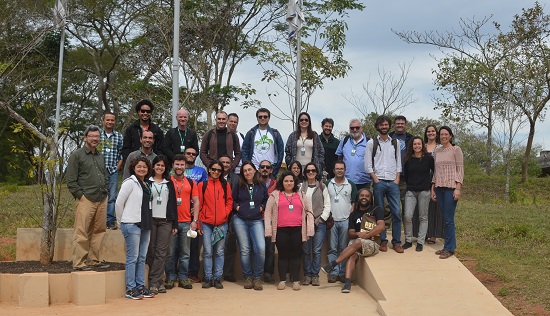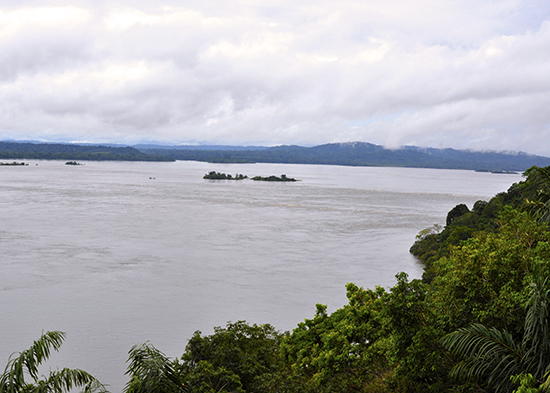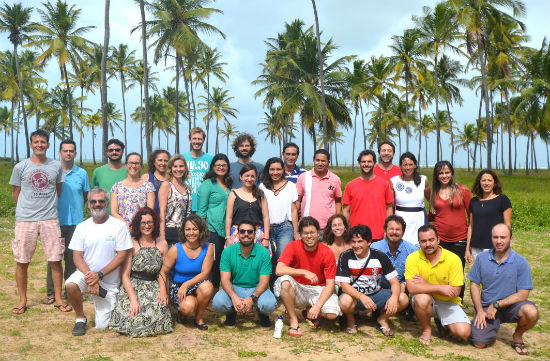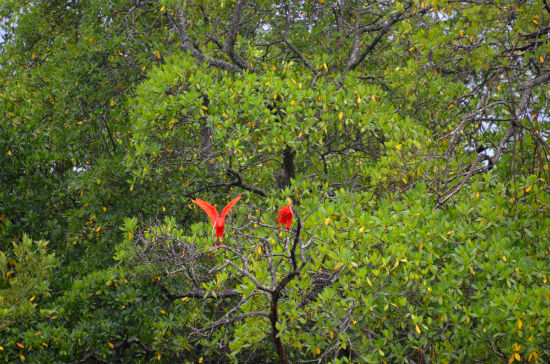News
Every day, support from donors like you makes our work possible. Are you willing to make a special year-end donation to help us protect ecosystems around the world?Please, click here to make your donation now.
CSF conducted a study on the economic impact that São Luiz do Tapajós could have had on local populations if its construction in the Brazilian Amazon had been approved.
We analyzed the loss of subsistence income and the impact on two ecosystem services: water quality reduction and the increase of CO2 equivalent emissions.
Traditional houses in the Tapajós riverside.
Infrastructure WG’s participants during the meeting held in September 2016 .
On September 30th and 31st, the United Nations Educational, Scientific and Cultural Organization (UNESCO) and CSF presented the first results of the “Sustainable Fisheries in the Amazon Coast Project" to our partners in São Luís, Brazil. Sixty representatives from government, universities, the private sector, civil society, associations, cooperatives, fishermen groups, trade unions, and the implementing partners attended the meeting.
Fernanda Alvarenga introducing CSF´s work.
In early August, CSF and the Chico Mendes Institute for Conservation of Biodiversity (ICMBio), in partnership with the United States Forest Service (USFS), held a four day training on Economic and Financial Feasibility of Supporting Services for Visitation of Conservation Units (Unidades de Conservação - UCs) at the Biodiversity National Academy (ACADEBio), in Iperó, Brazil.
Course participants and instructors.
Tapajós river basin, Pará State, Brazil © Camila Jericó-DaminelloOn August 4, Brazil's federal environmental agency, IBAMA, formally suspended the environmental licensing process for a proposed dam on the Tapajós River, a "blue water" tributary of the Amazon. The river flows from the south, off Brazil's central plateau, its clear waters sculpting white sand beaches and it winds toward the main stem of the Amazon.
Scarlet ibis (Eudocimus ruber) in a mangrove treeIn May 2016, staff from the CSF Brazil team travelled to the Salgado Paraense region, located on the northern coast of the state of Pará. Their goal was to collect important information as part of our project on the sustainability of mangrove ecosystems. This project seeks to sensitize the government and society to the benefits these ecosystems provide, and make recommendations about economic instruments that could be used to promote financial sustainability of protected areas.


